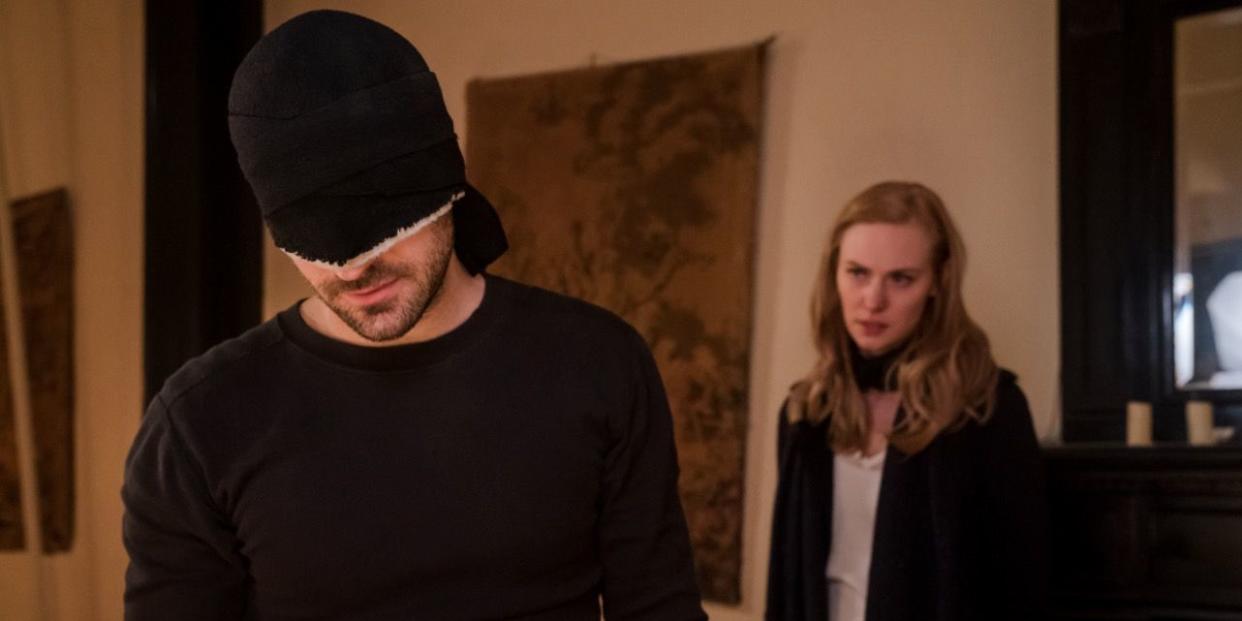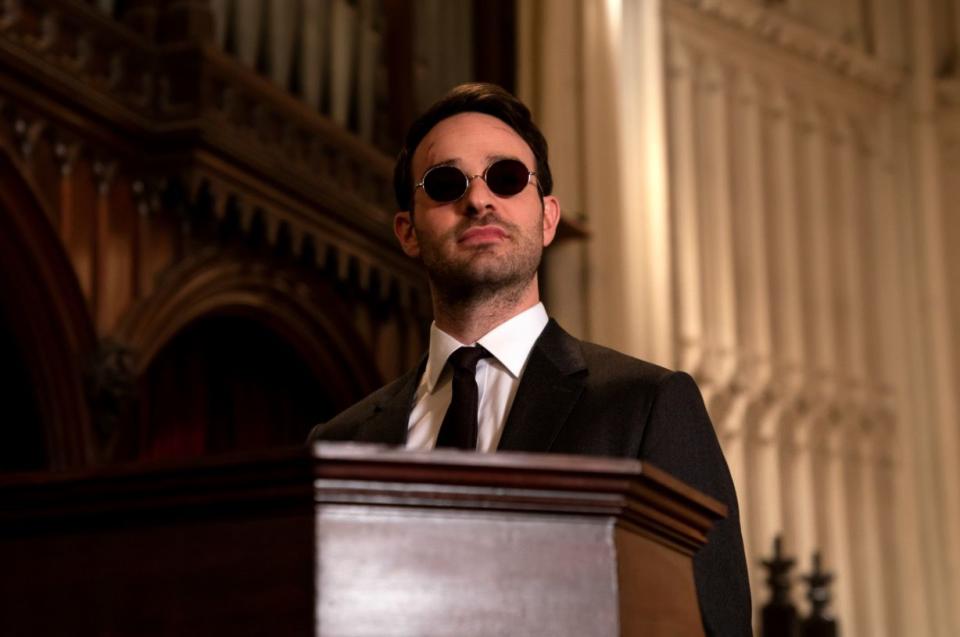Here's why Daredevil is disappearing from Netflix

The writing might have been on the wall after the one-two punch of Iron Fist and Luke Cage's cancellations. But fans of Daredevil were still holding out hope for the future of the Man without Fear, particularly given that the show's recent third season was hailed by many fans and critics as its best yet.
It wasn't to be. Though Erik Olson – Daredevil's latest showrunner and the man widely credited for its creative renaissance – had presented Netflix with his pitch for a fourth season, the streaming giant ultimately opted to pass.

The reasons why, it would appear, are various and complicated – analytics firm Jumpshot have suggested that, in its first week on Netflix, the third season's viewership was less than half that of season two's equivalent, but there's likely more to this story than just dwindling ratings.
Fans have speculated that the mass culling of Netflix's MCU shows is down to plans by Disney (which owns Marvel) to launch its own streaming service, Disney+, in 2019. It almost certainly has played a part, but not in the way most are thinking – sadly, the odds of Disney reviving Daredevil, Luke Cage et al on their new platform are seriously long.
More probable is that these shows are falling victim to Disney's efforts to consolidate all of its output into one PG-rated, family-friendly package.

Related: Disney's streaming service: Price, release date and what it means for Marvel and Star Wars
The House of Mouse has already made it clear that there'll be no 'mature' content on its streaming service, with any R-rated films instead going to Hulu (of which Disney currently owns 30%, and will own an additional 30% if / when its acquisition of 21st Century Fox goes through).
It's also announced a number of new Marvel projects – two limited series featuring Loki and Scarlet Witch, plus a third show bringing Falcon and the Winter Soldier together. These projects, though, will be closely linked to their big-screen siblings, starring talent from the movies (Tom Hiddleston, Elizabeth Olsen) and with Marvel Studios president Kevin Feige taking "a hands-on role in their development" (via Variety).
Daredevil and its siblings are outliers that don't fit in with the new strategy – they're produced not by the film bigwigs but by Marvel Television, headed up by Jeph Loeb, and their adult themes and on-screen violence make them a bad fit for Disney+ and its younger target audience.
For Netflix, diminishing returns will have made the (no doubt expensive) Marvel shows a less enticing prospect. For Disney, keeping them around only serves to dilute the brand. Dropping these shows is a win-win for both businesses.

But that'll provide little comfort to fans, particularly if Jessica Jones and The Punisher go the way of their stablemates once those shows' third and second seasons have gone out in 2019. (And, sadly, given the recent moves Netflix and Disney have been making, it's hard to imagine that they won't.)
Though Netflix's statement on Daredevil's cancellation insisted that the "character will live on in future projects for Marvel", it's likely that we've seen the last of Charlie Cox as Matt Murdock.
Much like how Marvel Studios sought to put its own stamp on Spider-Man, ousting Andrew Garfield and making Tom Holland the fresh face of its revamped web-slinger, so any future outings for Daredevil, and indeed his fellow Defenders, will likely come as part of a creative revamp, with new cast and a lighter tone more in-keeping with Marvel's movies.
This might not be the end of these characters on-screen, but it's almost certainly the end of the era that began with the announcement of Marvel and Netflix's groundbreaking collaborative deal in 2013.
Want up-to-the-minute entertainment news and features? Just hit 'Like' on our Digital Spy Facebook page and 'Follow' on our @digitalspy Instagram and Twitter account.
('You Might Also Like',)

 Yahoo News
Yahoo News 
